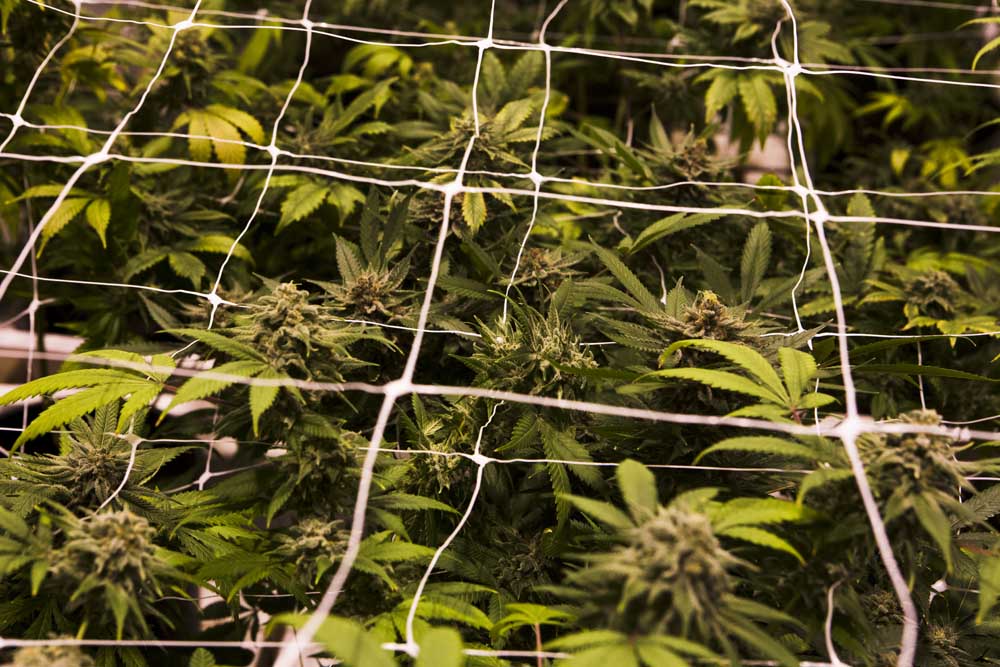Deschutes County talks marijuana with OLCC
Published 12:00 am Tuesday, January 30, 2018

- Marijuana grows under lights at a farm in Tumalo in 2016. (Bulletin file photo)
Over the past three weeks, the Deschutes County Commission has met with representatives from state and local agencies to learn about different aspects of Oregon’s marijuana industry with an eye toward revisiting its rules around the controversial crop.
That series of meetings, which discussed everything from code enforcement to water use, concluded Monday afternoon, when the commissioners sat down with representatives from the Oregon Liquor Control Commission, the agency responsible for regulating recreational marijuana from seed to sale.
During the meeting, representatives from the agency provided the County Commission with a detailed overview on its work on marijuana, provided a broad overview of recent changes to state marijuana policy and answered written questions from members of the public.
Once an applicant receives land-use approval from the county, the OLCC assigns an investigator to each marijuana grow. The investigator conducts a background check and completes the application process. Danica Hibpshman, OLCC’s director of statewide licensing and compliance, said a shortage of investigators, particularly east of the Cascades, has caused a significant backlog, and the licensing process can often take six months even once an applicant earns land-use approval from the county.
“We’re hopeful, in the next month or so, to get a much better, accurate number of the remaining licenses we have,” Hibpshman said.
According to numbers provided by the OLCC, there are 56 licensed recreational marijuana-related businesses operating in Deschutes County, including those in Bend. Hibpshman said there are 145 applications in the pipeline from Deschutes County alone.
Additionally, the agency representatives walked the County Commission through several new OLCC rules, which went into effect before Jan. 1. Steven Marks, executive director of the OLCC, said the rules, stemming from legislative changes from 2017, were designed to provide more guidelines for hemp growers in the state and partially consolidate the recreational and medical marijuana industries.
“The OLCC is going to have to do a much better job of welcoming in medical patients,” Marks said.
With the series of meetings with stakeholders now behind them, the next step for county commissioners will be synthesizing findings from the four meetings, along with feedback from residents from several public meetings and an online survey, ahead of any changes to the county’s code.
The commission will hold a work session, tentatively scheduled for Feb. 14, to discuss a high-level approach to regulating marijuana in Deschutes County.
Commissioner Tammy Baney said she’d like to look at strengthening the county’s regulations, and to get a better understanding of medical and black-market growers that are circumventing the rules.
After the meeting, Commissioner Phil Henderson said he learned a tremendous amount about how much went into marijuana production on a state level.
While he said he was still collecting his thoughts about potential code changes, he added that he’d like to see a way for state and local agencies to access and inspect marijuana facilities more easily, and wanted to make sure that rural residents, many of whom have reservations about marijuana, don’t get left behind in the process.
“It’s very hard to protect the people who aren’t in the industry,” Henderson said.
—Reporter: 541-617-7818, shamway@bendbulletin.com






